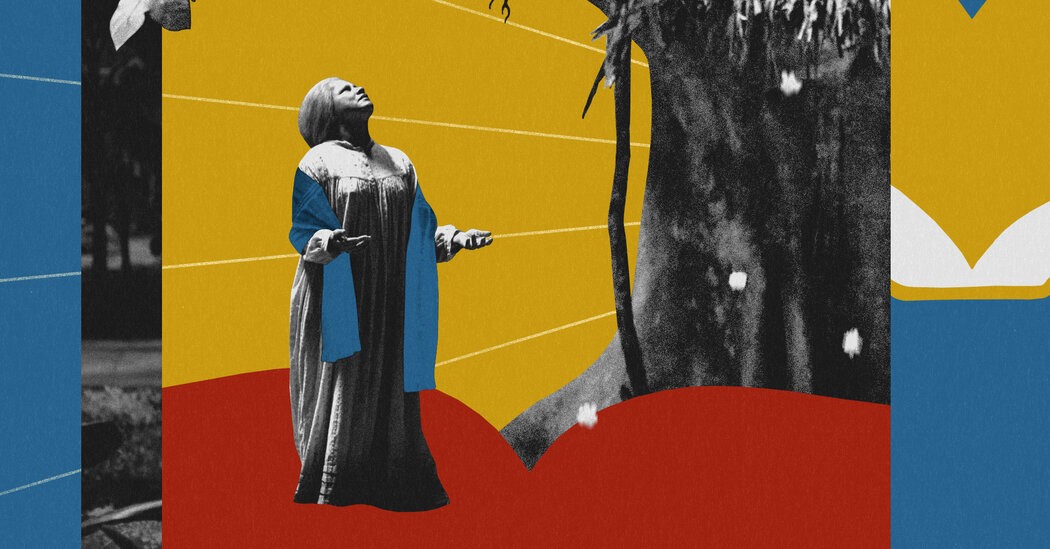
In a bold move that's reshaping global entertainment, Netflix has been aggressively acquiring rights to acclaimed literary works from around the world. The streaming giant's latest conquest? Gabriel García Márquez's masterpiece "One Hundred Years of Solitude" - a development that might have surprised the late Colombian author himself.
The streaming service's appetite for international literature appears insatiable. Recent adaptations include Mexico's "Pedro Paramo," Italy's "The Leopard," and China's "The Three-Body Problem" - the latter reportedly commanding a staggering $160 million budget.
This strategy marks a dramatic shift in how literary classics reach global audiences. While García Márquez never sold the rights to "Solitude" during his lifetime - believing it would require 100 hours to tell properly and insisting it be filmed in Spanish - Netflix acquired the rights in 2019 after discussions with his heirs.
The streaming platform's approach reveals a calculated formula: transform nationally treasured literature into globally digestible content. With availability in over 190 countries, Netflix seeks to replicate the international success of shows like "Squid Game" and "Money Heist" - productions that blend local authenticity with universal appeal.
However, this industrialized approach to adapting world literature raises questions. Critics note that the recent "One Hundred Years of Solitude" series bears stronger resemblance to standard Netflix fare than to García Márquez's distinctive literary voice. The transformation of these cultural touchstones into "frictionless international content" might be diluting their unique characteristics and cultural significance.
As Netflix continues acquiring literary properties, viewing them primarily as valuable intellectual property, the question emerges: Are we witnessing the preservation and global sharing of world literature, or its transformation into something more commercially palatable but culturally diminished?
The answer may lie in how future adaptations balance artistic integrity with commercial demands. For now, Netflix's literary acquisition spree continues unabated, turning more beloved books into bingeworthy content for its global audience.